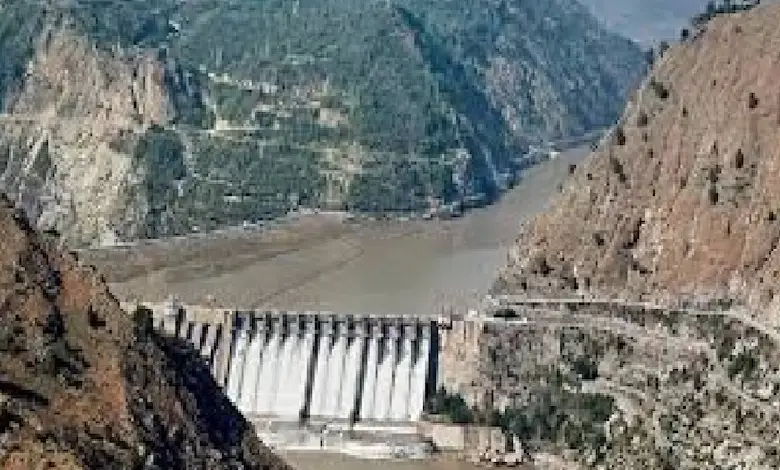Pakistan Senator Warns of ‘Water Bomb’ Crisis as India Halts Indus Treaty

NEW DELHI: Pakistani Senator Syed Ali Zafar, a prominent figure in the opposition Pakistan Tehreek-e-Insaf (PTI), has called on the Shahbaz Sharif-led government to urgently address a looming water crisis triggered by India’s decision to suspend the Indus Waters Treaty. The move follows a deadly terror attack on April 22 in Pahalgam, Jammu and Kashmir, prompting India to pause the agreement.
Speaking in the Senate, Zafar described the suspension as a “water bomb,” emphasizing the Indus River system’s critical role in sustaining Pakistan’s population. He noted that nine out of ten Pakistanis rely on the river system, with 90% of the nation’s crops dependent on its waters. “If we fail to resolve this water crisis, we risk starvation,” Zafar warned, highlighting that three-quarters of Pakistan’s water supply originates outside its borders, primarily through the Indus Basin.
Zafar underscored the treaty’s historical significance, recalling its origins in 1960 after prolonged negotiations facilitated by the World Bank. The agreement allocated the Indus, Jhelum, and Chenab rivers to Pakistan, while India gained control over the Ravi, Sutlej, and Beas rivers. He cautioned that India’s unilateral suspension could disrupt water flow, threatening agriculture and livelihoods.
India’s decision to pause the treaty is tied to its stance against cross-border terrorism, with New Delhi asserting that the agreement will remain on hold until Pakistan takes verifiable steps to curb such activities. The suspension has already caused disruptions, with irregular water flows reported in Pakistan due to India’s recent flushing and desilting operations at the Baglihar and Salal hydropower projects on the Chenab River.
Pakistan’s Ministry of Water Resources has appealed to India’s Jal Shakti Ministry to reconsider the suspension, warning of severe consequences for millions dependent on the treaty-regulated waters. However, Indian officials remain firm, citing Pakistan’s failure to address terrorism and the need to reassess infrastructure designs in light of climate change.
Zafar urged immediate dialogue to mitigate the crisis, warning that failure to act could lead to widespread hunger and economic collapse. The issue remains a flashpoint in India-Pakistan relations, with both nations navigating heightened tensions following the ceasefire agreement reached after the Pahalgam attack and subsequent military exchanges.
